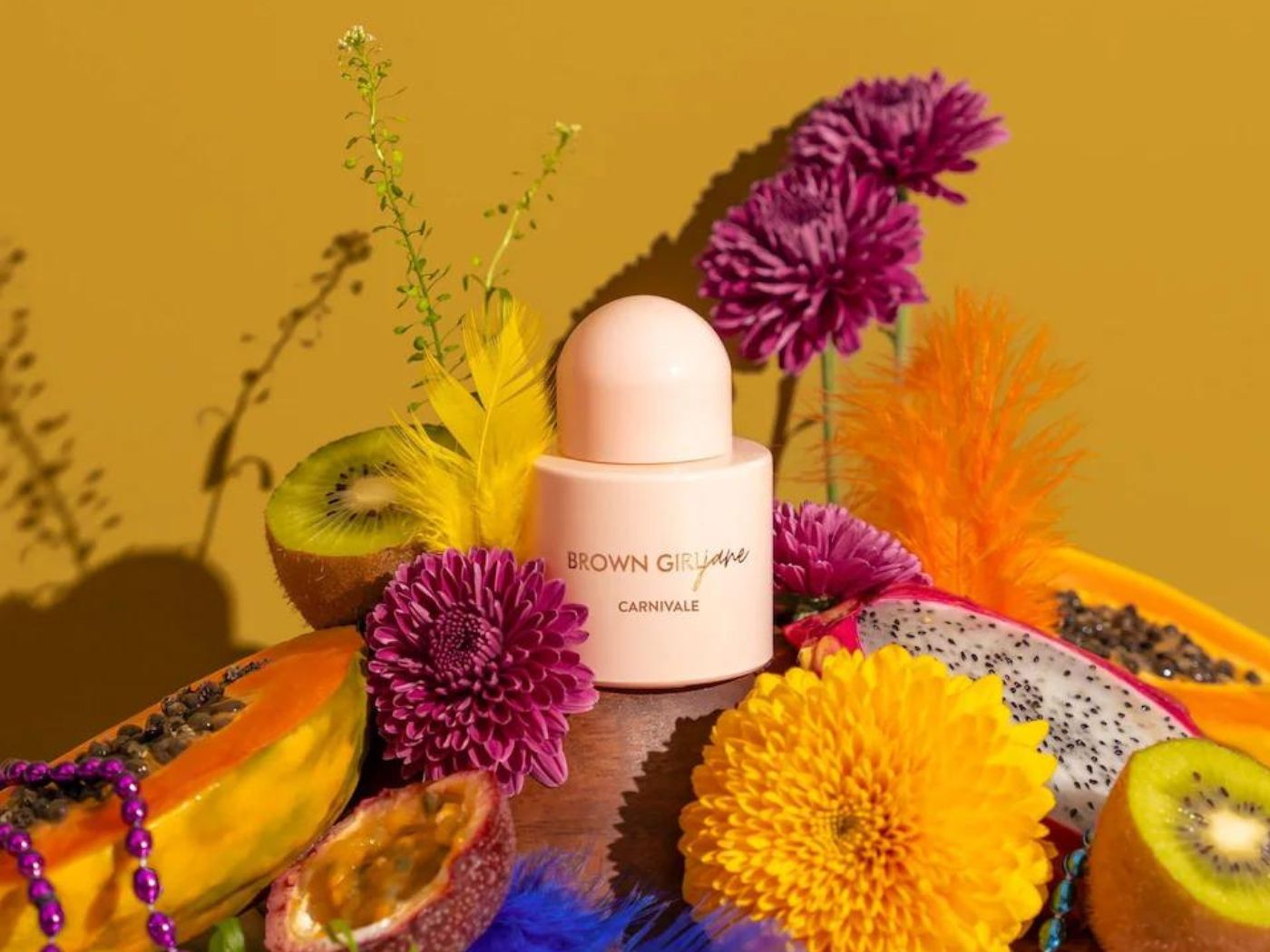The South Korean economy continues to be dominated by low consumer confidence and spending. Yet, despite this, its cosmetics market is seeing relatively strong growth rates. According to Euromonitor International, beauty and personal care sales in South Korea rose 4.8 percent to $11.64 billion in 2015, with all main categories, such as skin and cosmetics, experiencing growth. This seeming paradox may be attributed to the country’s aging population, as well as job insecurity in a beauty conscious society, meaning consumers are paying even more attention to their looks, observers said.
“Soft economic conditions in South Korea in 2015 saw consumers continue to prioritize their careers for fear of losing their jobs,” Euromonitor wrote in its most recent report. “Therefore, many consumers continued to deal with busy schedules, including tight work agendas, while still wanting to spend more time on leisure activities. This also stimulated demand for convenience in beauty and personal care as they sought products, as well as packaging, that can ease their load in their everyday lives.”
Nevertheless, demand for beauty remains strong, driven by full product pipelines and limited-edition products, as well as the popularity of Hallyu, or K-wave products and celebrity endorsements. “We estimate that the market will see an 8 percent CAGR for the next five years,” said Mintel Senior Beauty Analyst, Jane Jang. “The domestic market has a very healthy future.”
Tourism, meanwhile, plays a major role in driving the South Korean cosmetics market, especially Chinese inbound tourism. Chinese tourists account for 49 percent of tourist spend in Seoul, according to Mastercard, and shopping makes up 58 percent of their spending. Their average spend in 2014 was $2,095, although the MERS virus had a definite impact on the market, with reduced visitor numbers recorded between June and August.
Around six million Chinese travelers visited South Korea last year, and beauty was high on their list of items to buy. While it is not known exactly what proportion of South Korea’s beauty market is now accounted for by Chinese tourists, their impact is significant, as are their changing buying patterns and younger consumer profiles.
To read BW Confidential’s full report on the beauty market in South Korea click here.



